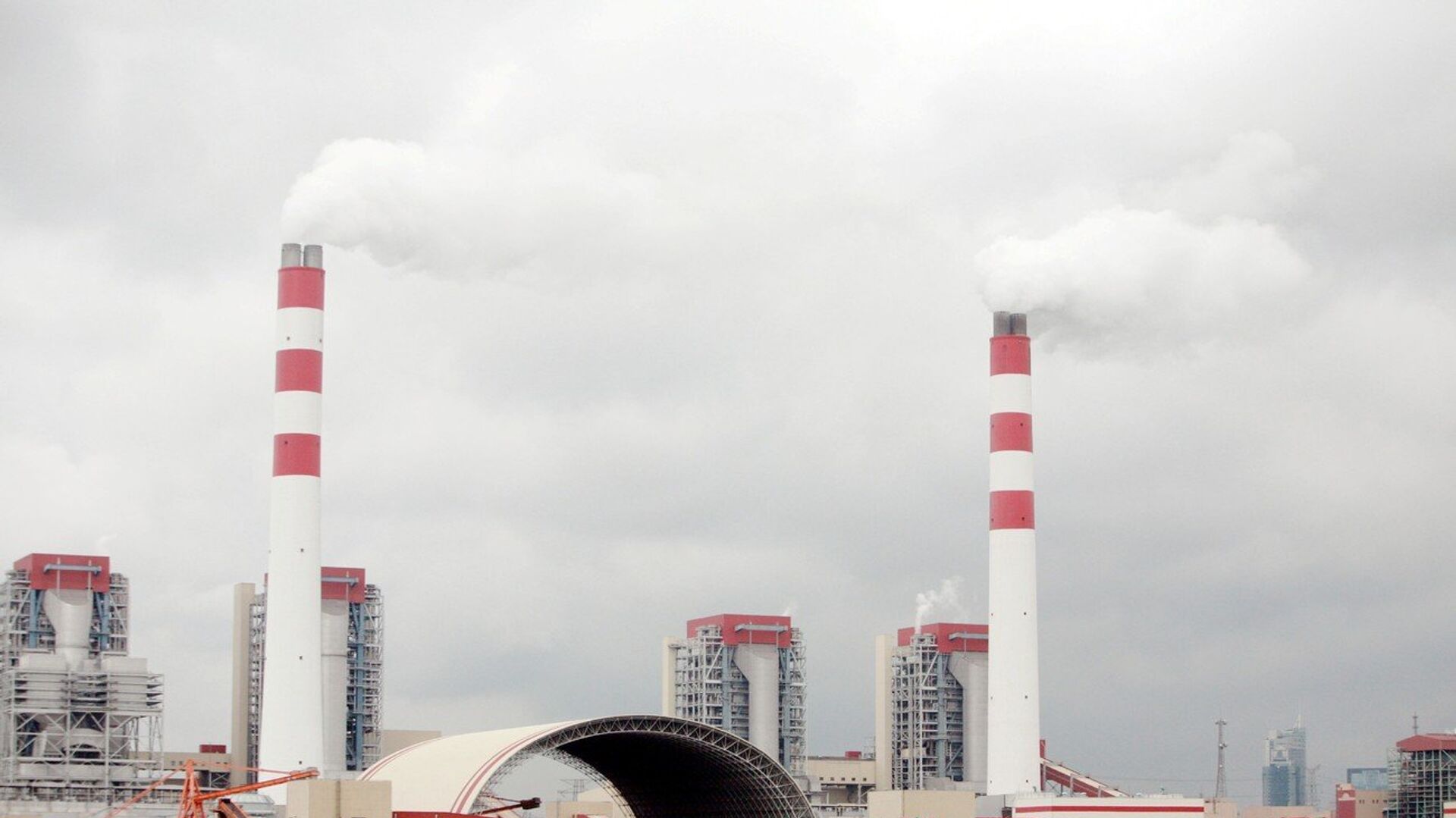A new report released Monday by the British research group Ember found that China accounted for 53% of coal-powered electricity worldwide, making it the only G20 member to have seen a substantial increase in coal generation last year.
Specifically, the report found that China’s coal generation increased by 1.6% in 2020.
“Globally, coal generation had its biggest fall on record, leaving China with an increasing share of global coal generation: up from 44% in 2015 to 53% in 2020,” the report notes.
The study also found that electricity demand in China increased by more than 1,880 terawatt-hours between 2015 and 2020, which is greater than the total electricity generated in India in 2020.
However, the report also noted that China has made comparable progress in transitioning to a low-carbon electricity future since 2015, with wind and solar energy now responsible for supplying almost a sixth of China’s electricity, which is analogous to the world average.
“More significant progress has been made in other G20 countries, especially in Germany and the United Kingdom, which achieved over 10% market share gains for wind and solar,” the report also noted.
China, the world’s top emitter of greenhouse gases, has promised to achieve net-zero carbon emissions by 2060.
“The transition towards a low-carbon electricity system is a mainstay of China’s bid to become carbon neutral by the mid-century. Making the country’s growth of electricity demand more sustainable is critical for facilitating this transition,” Ember senior electricity policy analyst Muyi Yang said in a statement.
“For this, China needs to drive electricity consumption to be more efficient, to further promote high-quality economic growth, and to deepen electricity pricing reform, aimed at making electricity prices more cost-reflective,” he added.
Chinese President Xi Jinping, along with 39 other leaders, are expected to attend the US climate summit in late April to discuss cutting greenhouse gas emissions.



